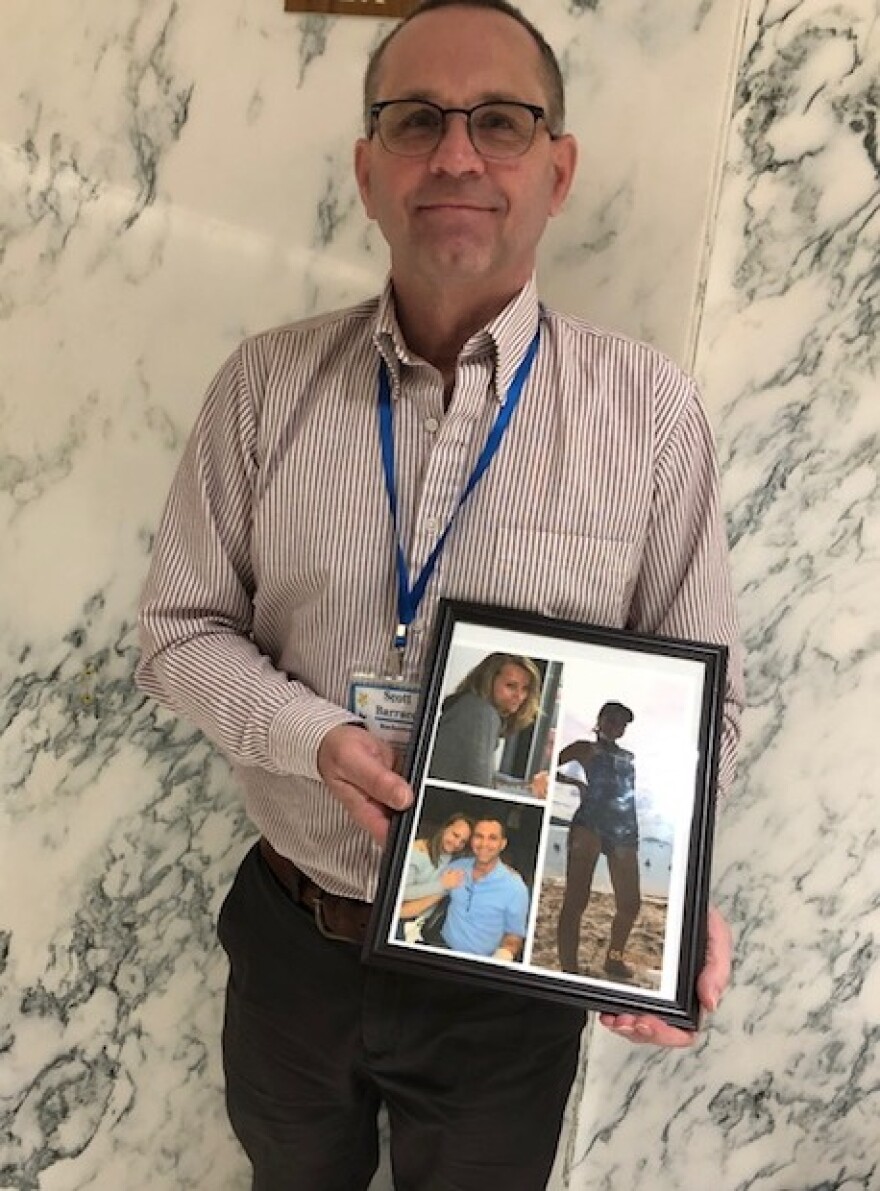Advocates for a bill that would allow terminally ill New Yorkers to end their own lives say the legislation has its best chance yet for passage in the democratically controlled state legislature.
The bill would permit physicians to prescribe a lethal dose of pills to patients who are diagnosed with a terminal illness and who ask for the drugs.
Corinne Carey, the New York campaign director for Compassion & Choices, a pro aid in dying group, says New Jersey recently joined states, including Oregon, Vermont and California, to allow the end of life option. She says “it’s time” for New York to act.
“Too many New Yorkers are suffering at the end of life without this option,” Carey said.
Carey says two doctors would need to agree that a patient cannot be cured, and has six months or less to live.
Around 100 advocates came to the Capitol on a busy and crowded lobby day to meet with legislators and share the experiences that have led them to believe the measure is necessary.
Scott Barroco’s long-time girlfriend, Cathy Quinn, had incurable tongue cancer. Barraco says she hated hospitals and wanted to end her life on her own terms.
“What she wanted more than anything at that time was to have a peacefully death,” said Barroco , who lives in Rochester.
She decided to take a lethal dose of opiates. Barraco says Quinn did not want to implicate him in what she knew could be considered a crime in New York State.
“Eventually she let me in on it,” said Barroco. “She had researched how to do it, she thought if rock stars could do it, she could do it.”
But Quinn misjudged the dose she would need. When Barroco drove to her home, he found Quinn in what seemed to be a deep sleep. Several hours later, wracked with guilt, Barraco took her to the hospital. When she regained consciousness, she told the doctors and nurses what she had done. Barraco says counselors there told them about aid in dying.
“And then it was a gut punch to find out ‘you can’t have it,’ he said. “Because it’s not in New York.”
Quinn died in hospice care in 2014. Barraco says he is grateful to hospice for their help. But he says Quinn’s final days could have been so much easier if New York had this law.
“She probably would have thrown an elaborate party,” Barroco said. “And then probably had a quiet time with just a few of us when it was time to close her eyes and fall asleep.”
In past years, Republicans led the State Senate, and many GOP members opposed the bill. Now, Democrats control both chambers of the legislature, and many support the measure. Governor Andrew Cuomo has said he’ll sign the bill if both houses approve it.
Opponents include the Catholic Church, which doesn’t believe a person should act to end their own life. And some disabled rights groups fear that the law could be misused to end the lives of disabled people who might not be able to speak for themselves about their final wishes.
Carey, with Compassion and Choices, says in states that have long permitted the practice, there has never been a reported incident of abuse of the law.
“These laws have been under a microscope,” Carey said. “None of those abuses have ever happened.”
No date has been scheduled yet for a vote on the bill.


